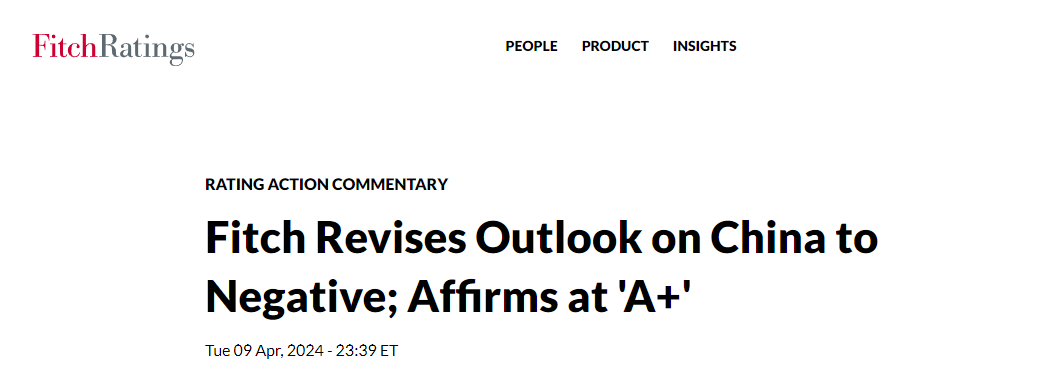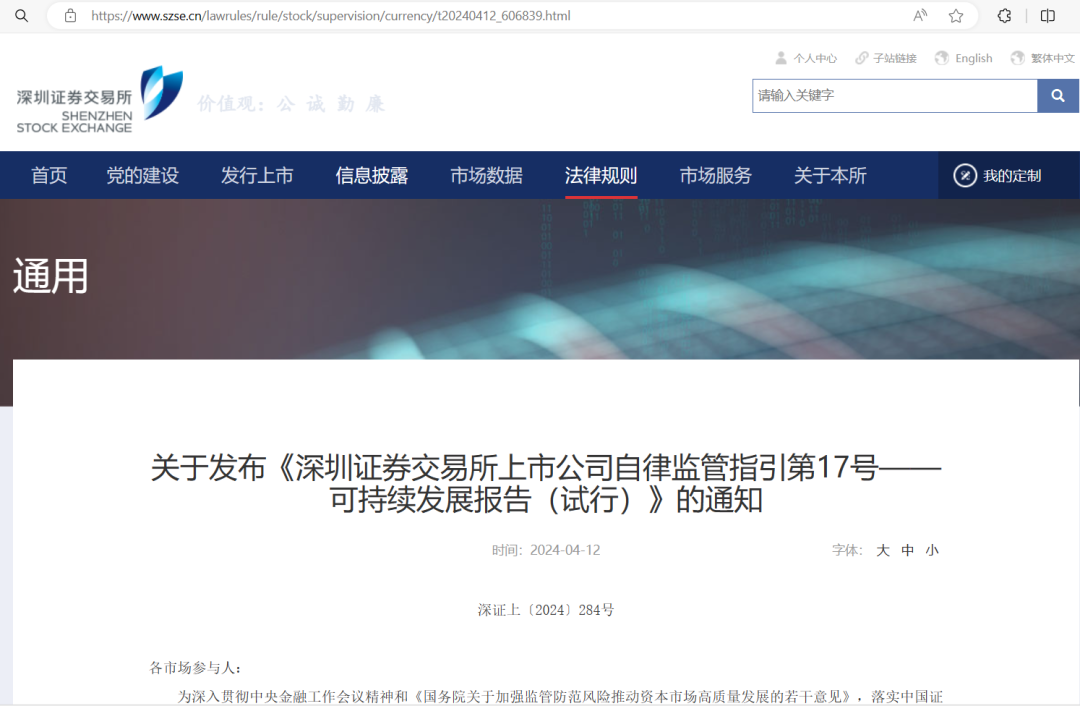ls it objective for Fitch to downgrade China's outlook?


The reasons for Fitch Ratings negative rating downgrade are as follows.
Firstly, the fiscal deficit has widened. Fitch forecasts that China’s general government deficit will rise to 7.1% of GDP in 2024 from 5.8% in 2023, which is not only running roughly twice the 3.1% of GDP 2015-2019, but also above the 3% 'A' median.
Secondly, government debt is rising steadily. Fitch believes that China has decided to issue 1 trillion yuan of special treasury bonds, and the general government debt (explicit local and central government debt) to rise to 61.3% of GDP in 2024 from 56.1% in 2023. Debt as a share of revenue is forecast to be 234% in 2024, well above the 145% 'A' median.

UCCR’S OPINION
Firstly, the rating standards are not be completely in conformity with China's national conditions.Fitch sovereign credit rating index system of methodology can’t reflect China fiscal policy to "moderately strengthen, improve quality and increase efficiency". Ignoring the positive role of policies in promoting economic growth and stabilizing the macro leverage ratio. Fitch's sovereign credit rating standards has defective. This situation warns China's rating industry and rating companies that China should accelerate its pace, improve the voice of the credit rating industry in the world, and cultivate Chinese rating agencies with international status and influence.
Secondly, China's economic transformation, with the new quality of productive forces to help the economic development of high-quality. Fitch believes that the downturn for the real estate industry is drag down the development of the national economy. Fitch ignores that China's economy has gradually reduced its excessive dependence on the real estate industry during the transition period. The president Xi Jinping put forward the ‘new quality of productive’ in September 2023 in Heilongjiang. He stress on the political Bureau of the CPC Central Committee for No.11 that we will accelerate the development of new quality productive forces and promote high-quality development. (January 31, 2024) China's economy is transitioning to technology-intensive industries. Integrating scientific and technological innovation resources, leading the development of strategic emerging and future industries, accelerating the formation of new quality productive forces, and developing new industries, new models and new driving forces are the future development trends. Fitch saw the negative impact of the real estate market adjustment, but Fitch did not pay attention to the rapid development of China's new economy, is this not objective and fair?
Fourthly, the Chinese government has a good ability to deal with debt risks. The Chinese government is committed to taking into account the multiple objectives of supporting economic development, preventing financial risks and achieving fiscal sustainability. In light of the changing situation, the Chinese government has taken into account the needs and possibilities, scientifically arranged the scale of the deficit, keeping the deficit-to-GDP ratio at a reasonable level. The Chinese government has also taken a variety of measures to defuse the risks of local government debt and strictly prevent new debt risks. At the same time, the government also stressed the establishment of a government debt management mechanism compatible with high-quality development, and improved the full-caliber local debt monitoring and supervision system to ensure that debt risks are effectively controlled. The Chinese government has also focused on optimizing the debt structure, reducing the financing costs of local government debt through debt replacement and other means, and alleviating the pressure of debt repayment.
Author: UCCR Rating Research Center
Reviewer: Wensheng Dai
Producer: Yanhua Luo
Disclaimer: The copyright of this article belongs to the original author and source, and is not intended for any commercial purposes. If you have any questions about the copyright of the text or images in this article, please contact us in a timely manner. We will immediately correct or delete the relevant content according to the requirements of the copyright owner.












 粤公网安备 44030402003770号
粤公网安备 44030402003770号